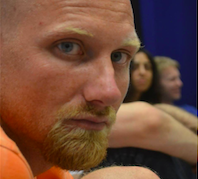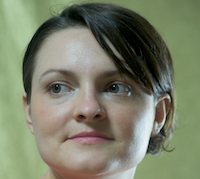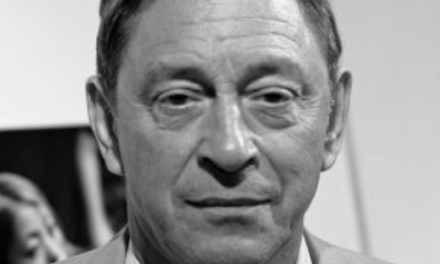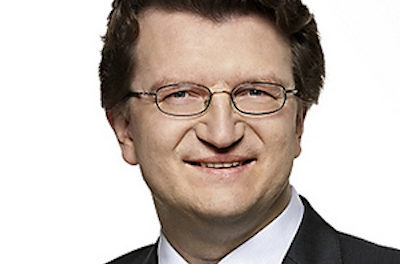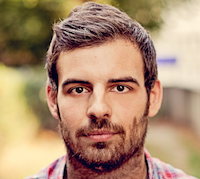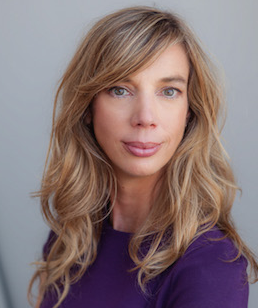Philippe Greier/playmakers industries
TF: What is the playmakers industries about?
We apply a real life concept in our work in order to unlock untouched resources and creativity. By using game mechanics and game elements we enable people to learn or to play their work. With this easiness we unleash a playful element that allows a shift in thinking and behavior. A shift towards a different mindset and a less serious approach to failure.By creating our own game we create our own realities and are able to step out of unhealthy games of our normal lives (e.g. king of the hill, pressure of hierarchy, power games in organizations, network of intrigues). And thus rearrange structures, break them down as well as changing working procedures and processes.
TF: Could you give an example?
In organizations we create a game theme and missions that people have to overcome. So while working people have to overcome daily work obstacles and fulfill their mission. One strong example of our missions was to create a movement of alternative education in Brazil. In order to reach a systemic change in the education system you cannot follow traditional procedures.So we traveled through Brazil for 4 months, visited initiatives, interviewed change makers, experienced nature and local culture, bonded and built international relationships, organized and participated in events and played games. The outcome was mind-blowing. We initiated CONANE, the first national conference for alternatives in education with 500 attendees from all over Brazil. For the first time in the history of Brazil education activists and pioneers got in touch with each other face to face. They started to exchange, and contributed to the 3rd manifest for education that a group of them had written. The minister of education received the manifest just before the event and was co-host with a great team of local organizers from Brasilia.
TF: What do you think our working life will look like within the next 10 years?
We are more mobile and flexible than ever before and this will also change the way we look at work. I hope most of the workforce will not have to work anymore. I hope most people will them be able to change their working life and make a contribution to something meaningful for our society. I hope that we learn to see unemployment as an opportunity for our society to change.
TF: What are the challenges we have to face?
We have to unlearn what we have learned. We have to acknowledge and value opportunities which we have not seen as not valuable so far. Presently we are moving into a direction that is more harmful than healthy for our society, especially in the western part of the world. Our values are based on consumption rather than on creative power, on competition instead of cooperation, we have a very western perspective on science and medicine and are missing the holistic approach.
TF: What are the opportunities?
I think we are becoming professional hippies. Down to nature, back to creating our own stuff is important, the do-it-yourself movement is growing.
TF: What are the borders that need to be dissolved?
The very physical borders. One of the biggest mistakes we are making is that we connect countries with territories. The more mobile and connected we become the less important are political borders. For example the change of our educational system – that is not a national problem anymore, our global society is affected by that. And it is affected by many more problems. There is no need for separation of the peoples behind borders. They are hindering the development of our society.
TF: What is your vision?
My vision is that people start to develop their own visions. That we learn to follow our personal inner call. People start to ask themselves again: What do I really want? And then act accordingly. And accept, tolerate, embrace and foster other people’s visions.
http://www.playmakers.cc/ (company soon to be Global Shift Institute)
Example for a game: http://present-e.org

